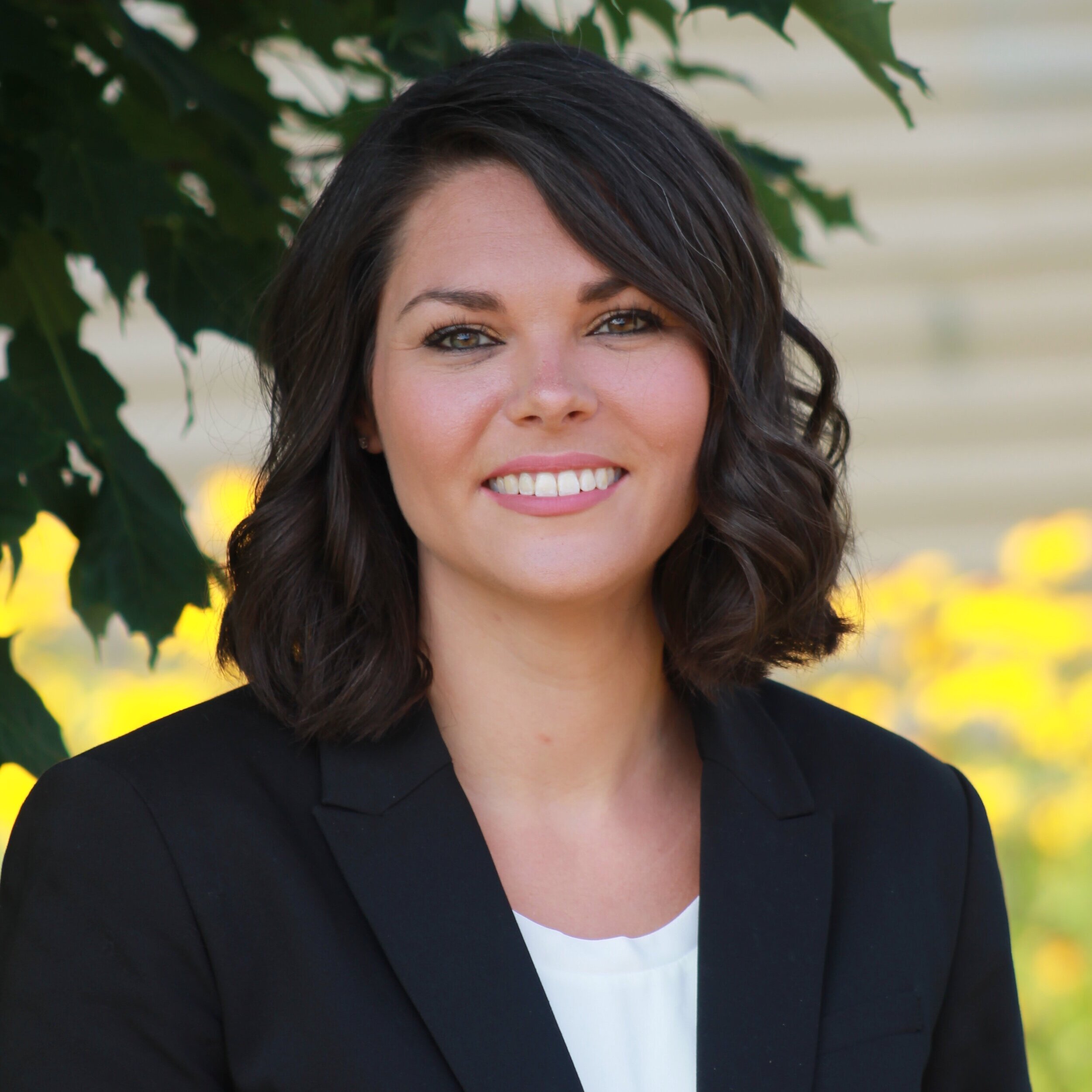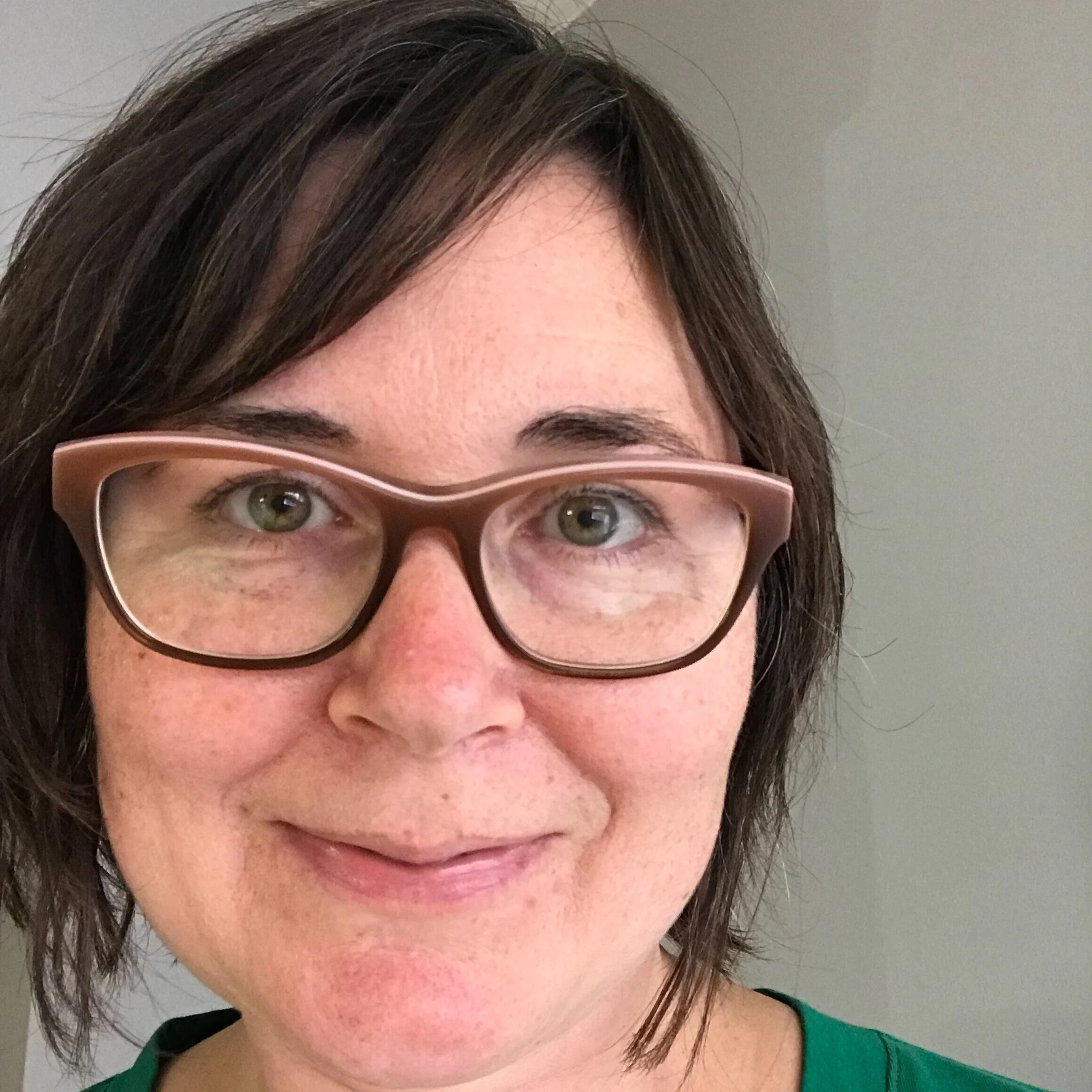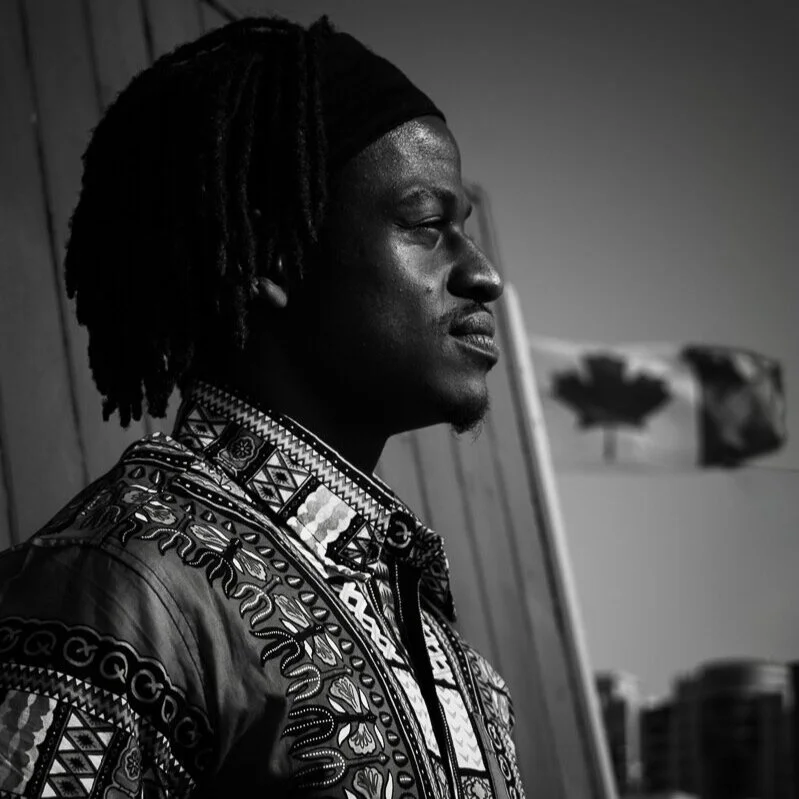Migrant work involves anti-racism work. Migrant workers are overwhelmingly still in the low paid low wage sectors and segregated in that occupation. And it's not just when they come to Canada, it's throughout their lives even in the second generation.
Read MoreOn Saturday, November 7th at 10:00 a.m. MST we're inviting some of them to share their thoughts on "the power of storytelling for anti-racism and decolonization efforts". Following the Roundtable, we'll have important conversations examining what we as individuals and community members can do to (further) support anti-racism and decolonization efforts in ourselves and our communities.
Read MoreAs a teacher, it’s my responsibility to help and guide students along their educational journey, encouraging them to be open-minded but to also think critically of the world around them.
Read MoreI knew that Spain and the U.S. colonized the Philippines, but I just did not realize how much it impacted my family. Colonialism is intergenerational; people passed down racist attitudes for many generations.
Read MoreThe most important way to support anti-racism and decolonization work is to lean into continuous learning. To access continuous learning, we need to access books, podcasts, events, trainings, music, comics and movies. I recommend accessing stories from people who have different life experiences than you.
Read MoreThe Calgary community is a very diverse community, full of talented artists, social workers, teachers and activists. It’s a powerful community. I had a significant experience two years ago when I attended a retreat.
Read MoreI want to be involved in and see a future where my son can go out and feel safe and not be a target. To go out and do things that other children his age can do and come back home without feeling like he was out of place or feeling like he was targeted for unknown reasons.
Read MoreToday is World CP Day, celebrating those who live with Cerebral Palsy. We wanted to highlight some of the people we have been talking to for our anti-racism and decolonization storytelling who have deep, personal connections to, and experiences with, CP.
Read MoreMy name is Lionel Migrino, and I identify myself as a Filipino-Canadian living with cerebral palsy. I am proud of my Filipino roots and to be a member of the disability community. I recognize that I am different, and I have a unique lived experience.
Read MoreI'm a Black woman and my entire family is Black but a lot of people think that like it doesn't make sense to talk about Black Lives Matter if you're not American. For some reason, people think that only Americans deal with anti-Black racism but that’s not the case. Racism is so prevalent in Canada, especially in Alberta where I was born and raised.
Read MoreI've always kind of been a bit of a do-gooder. When I was a kid, I started a composting system at my school, and I created a fundraiser to save the rainforest. I try to rewrite history, based on my knowledge of the Indigenous people in my life and my family.
Read MoreI grew up surrounded by all white people, and like most other white Canadians, we felt pretty good about ourselves that racism was something in the past, and we do not have to worry about it in this country. I did not think that much about it until I went to university in my mid-20s, and I had to take some courses.
Read MoreTo me, the Black Lives Matter movement is essential because it is creating awareness of the disparities in our social system. The lives of Black people and the day to day lives and things they have to experience. It’s what's happened to George Floyd and what happens to countless other Black people.
Read MoreAs a white woman, being an ally means that I'm engaged in continuous learning. I’m learning how to acknowledge my white privilege. There is fear in being white admitting that you have privilege.
Read MoreWhen it comes to anti-racism and decolonization work when you’re living in Alberta as a minority, you're born into it. When you have to find that strength within yourself to stand up when someone's saying or doing something racist.
Read MoreIt's important to be active and consistent with anti-racism and decolonization work because it does take a long time for people to start listening to you. I think you would be doing a disservice to yourself and the people around you if you didn't commit yourself to it.
Read More“For a long time, all my professors and practicum supervisors were all white. It was something that I was always aware of in conversations about disability. I could sense the white lens applied to my educations and practicum experience. We know that people don't experience only one identity.”
Read More“we can propel the BLM movement forward with education. It's important that people educate themselves by creating art because it can be interpreted in different ways. Art is more accessible in anti-racism and decolonization work.”
Read More

















